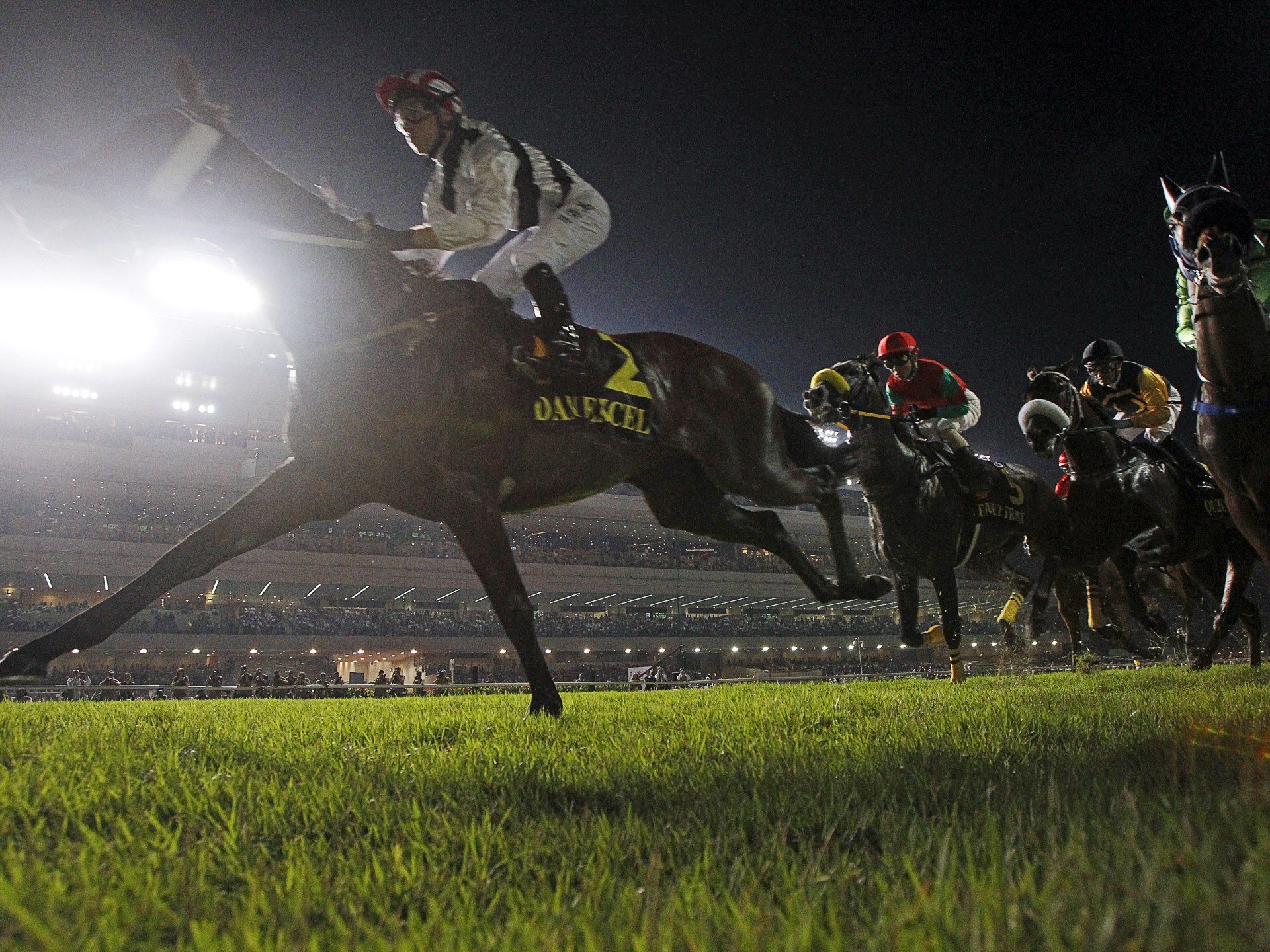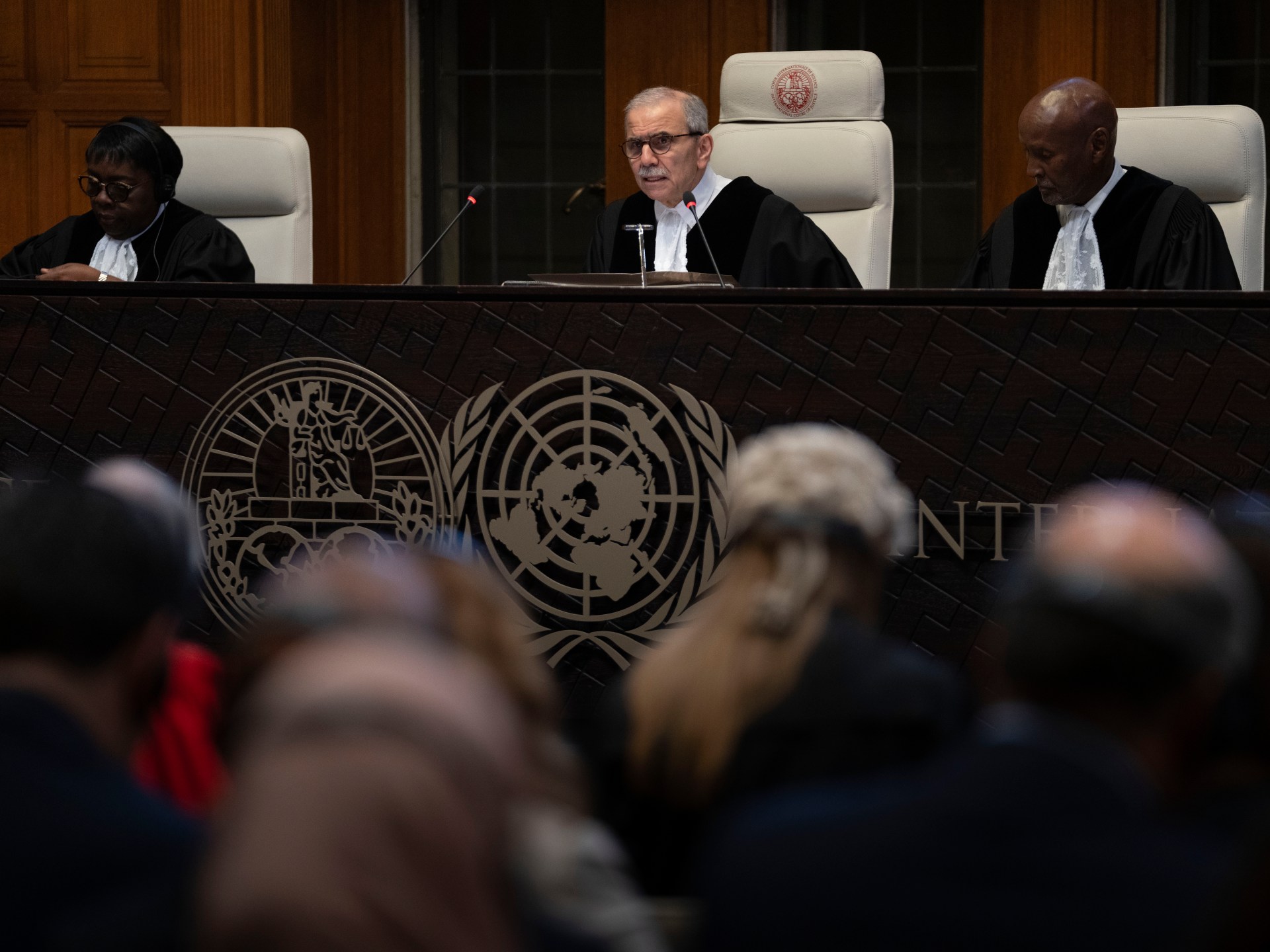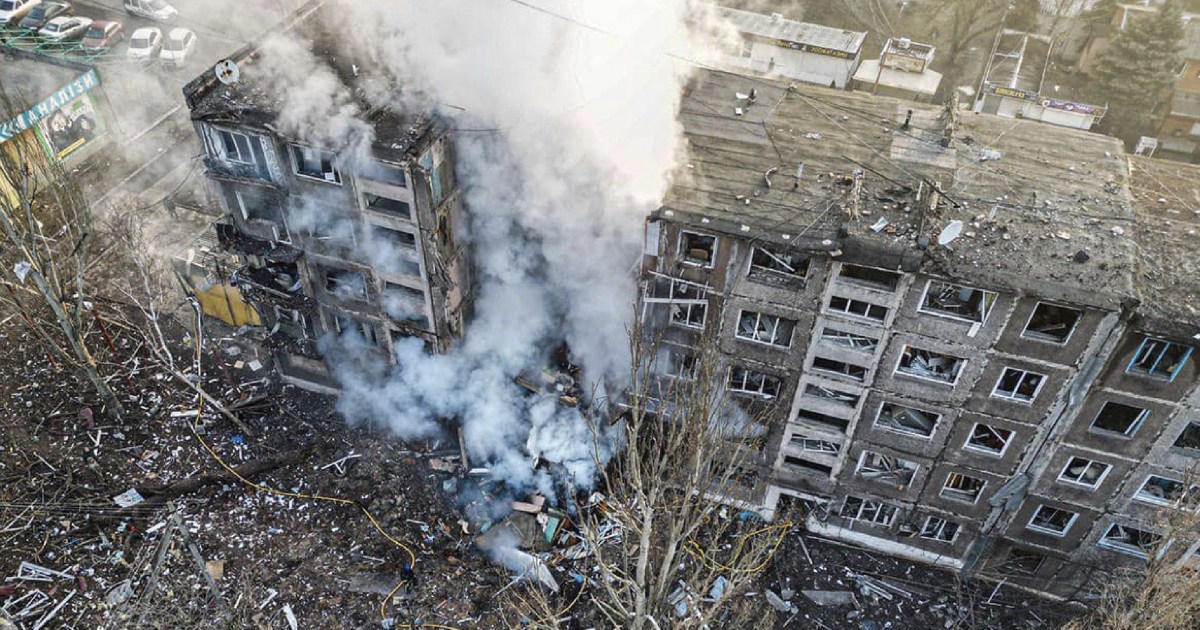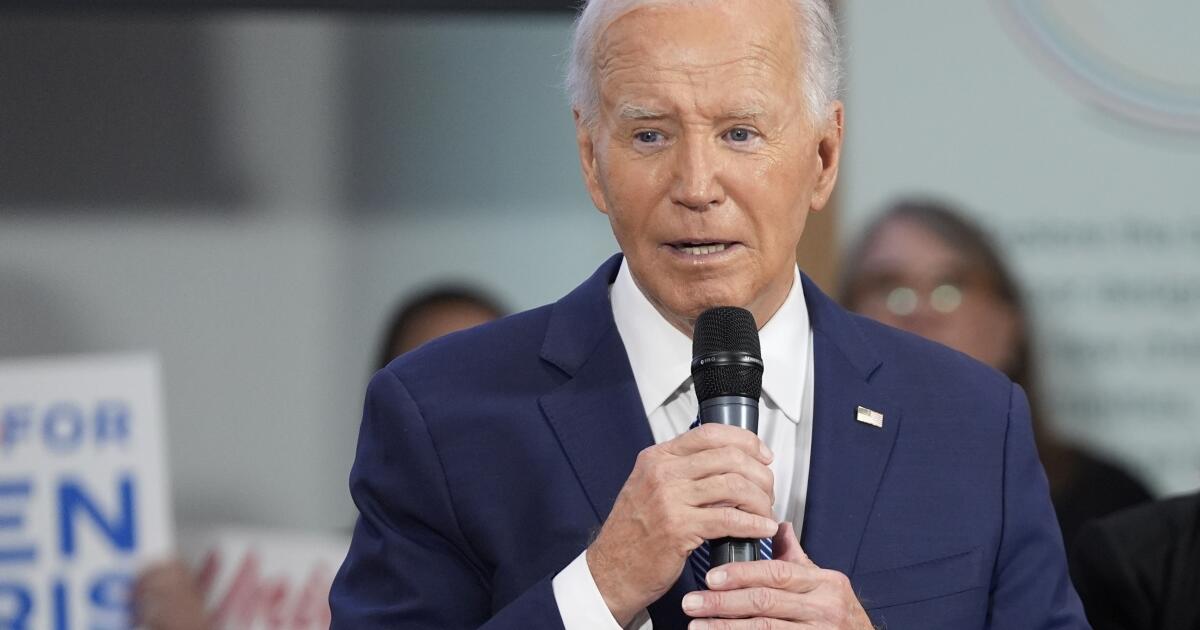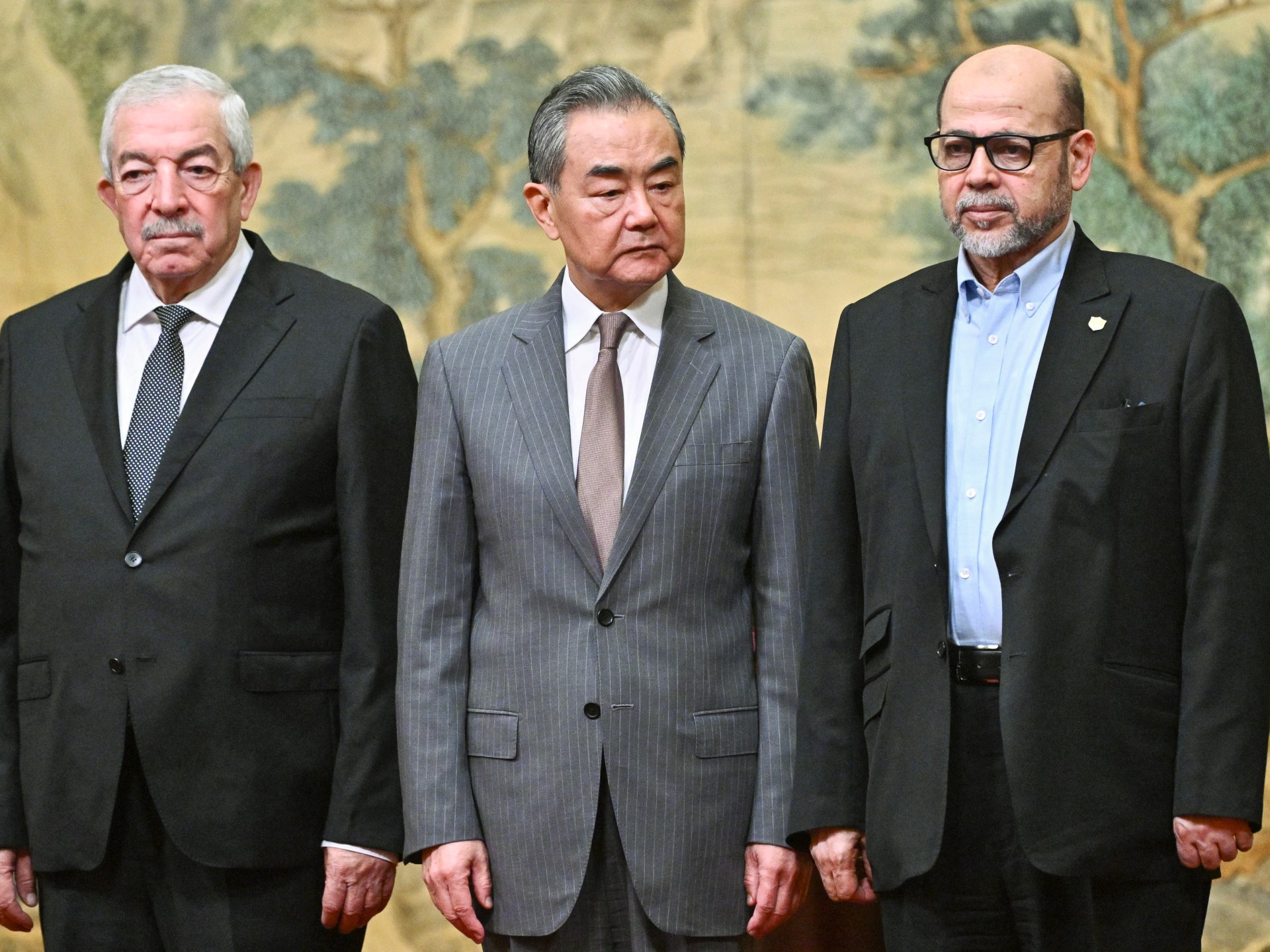Singapore – On a sunny Saturday afternoon in the far north of Singapore, the weekend ritual is in full swing.
Racegoers at the Singapore Turf Club crowd around screens, studying the odds for the afternoon's upcoming horse races.
Many are grabbing newspapers, examining the form guide in hopes of picking a winner. The crowd is largely made up of older Singaporean men, affectionately known as “dudes”.
Soon they will need to find something else to spend their weekends. The curtain is about to fall on more than 180 years of horse racing history in Singapore, with the final race scheduled for October.
The Southeast Asian nation's only horse racing track has fallen victim to the tiny island's need for land, and its 120 hectares (297 acres) will be returned to the government in 2027 for redevelopment into public and private housing. .
When the announcement was made last June, Singapore Turf Club president Niam Chiang Meng said he was “saddened by the decision” but “understands Singapore's land needs”.
More than six months later, Singapore's equestrian community remains shocked, confused and frustrated.
“We had no indication [prior to June] or any information that this place is closing,” said Jason Ong, president of the Singapore Racehorse Trainers Association.
“To shut down the entire industry in a year and a half, I think it is something that everyone in horse racing finds very sudden and difficult to accept,” Ong added.
Horses have been raced in the city-state since 1843, and the inaugural Singapore Cup race was held in front of more than 300 spectators.
As the sport's popularity grew, racing moved to a 98-hectare (242-acre) site in the central Bukit Timah area in 1933. Queen Elizabeth II was a notable visitor to the course in 1972, with 26,000 fans attending. They flocked to see her. and other members of the British Royal Family.
Then, on the eve of the Millennium, the turf club was moved so that the site could be returned to the government for housing and other uses.
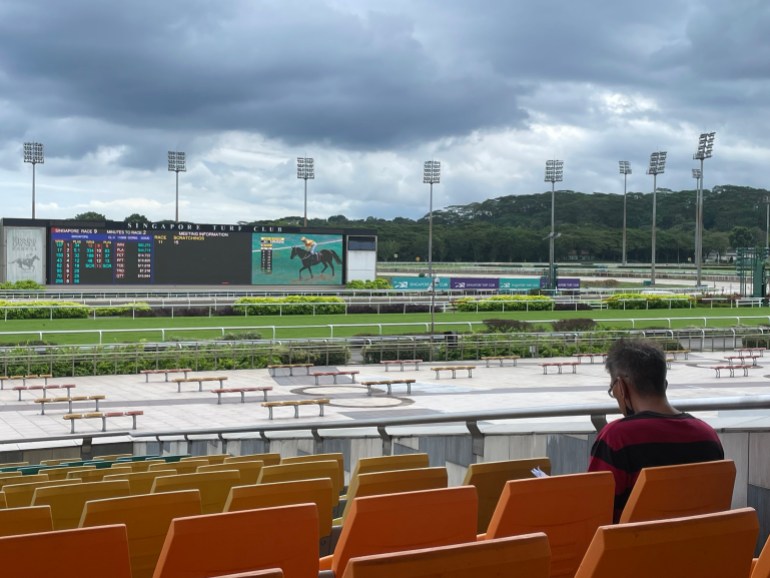
The S$500 million ($295 million) Kranji Racecourse opened in 1999 and included a five-story grandstand that could seat 30,000 fans.
This new venue was supposed to signal more opportunities for the growth of horse racing in Singapore, even allowing for atmospheric night racing under floodlights.
But today the feeling is very different at a racetrack that will soon be demolished.
The grandstands are far from full, and most people huddle in the shade of the esplanades watching the races on monitors.
'It's a hobby'
Food and drink options are limited, with an empty food court. There are only a few shops left selling cheap cans of Tiger beer and plastic containers of noodles and rice dishes.
But enthusiasm for racing and gambling remains strong among loyal customers.
“It's a hobby, my hobby. I’ve been betting for over 30 years,” said racing fan Frankie Koay.
“I'm very sad, it shouldn't have been closed. Once it goes down, we will have to concentrate on other races, like Hong Kong and Malaysia,” Frankie added.
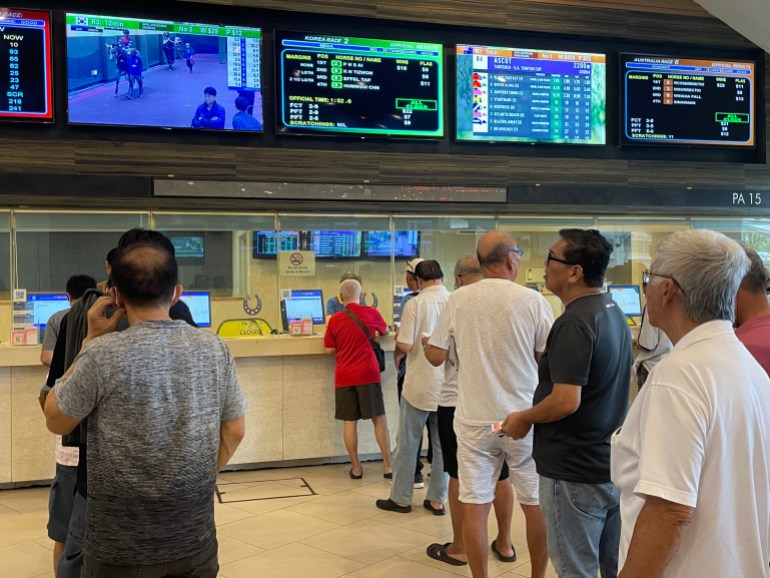
In the break between races, action from other tracks in South Korea and Australia is broadcast on television screens. Roars from different crowds can be heard from time to time, presumably cheering for a winner at the 3:40 minute mark in Seoul.
While it's far from full, there's a real sense of community on the course, and the mostly working-class crowd relishes the chance to pocket some winnings.
“I've been coming here for about 30 years,” said Tay, who preferred not to reveal his full name.
When asked why he keeps coming back, he replies: “There's just nothing to do. Nowhere to go. “I just come for fun.”
With horse racing soon to disappear in Singapore, one sport remains a stronghold on the small island.
In 2023, there were 16 golf courses on the island, according to local media, although one public course closed at the end of the year.
In addition to this, the 712 square kilometer (275 sq mi) city-state retains several social and country clubs.
The government says golf courses are also in the spotlight, with the centrally located Marina Bay course set to close later this year when its lease ends.
Announcing the closure of Kranji Racecourse, the Singapore Turf Club blamed declining attendance over the past decade. And that Saturday afternoon it wasn't difficult to find a seat to watch the action.
“Closing is fine for me because there is no new generation betting on horses,” said racing fan Roger Chuay.
Some members of Singapore's racing community are firmly blaming the Turf Club management for the aging fan base.
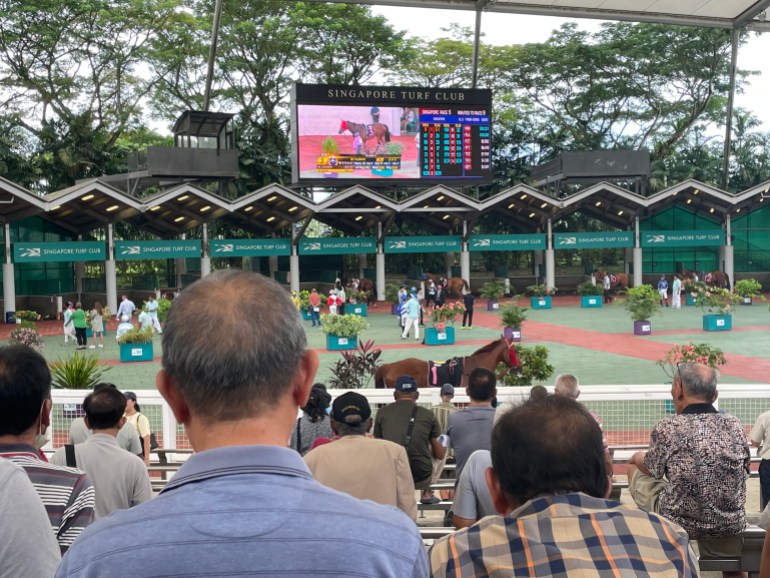
“Horse racing here has taken a bit of a step back. But everything went backwards because of the way they managed it and they never kept up with the times,” said a prominent coach who preferred to remain anonymous.
“If you put the right people in to run races and do it well, it could be a great asset for Singapore, tourism and employment,” the coach added.
500 horses to consider
There has also been surprise at how long it took to begin the redevelopment of the former Turf Club site in Bukit Timah.
Since it closed in 1999, the racecourse has been home to several businesses, including restaurants and children's play facilities.
It was not until the end of 2023 that the start of work on a new housing neighborhood was finally authorized.
“The old grass club just closed and they're going to start doing something to it. “It's 24 years,” said the coach.
“This place [Kranji Racecourse], nothing will happen to it for 10 to 15 years. She will just rot.”
For those still involved in horse racing in Singapore, there is now the considerable challenge of shutting down their operations and finding new homes for hundreds of horses in a relatively short period of time.
“The important thing now is to think about what the exit strategy is,” Ong said.
“It is also the welfare of the horses, even if you want to export them, will there be someone who will accept them? “If you say we can send 500 horses to Malaysia, I don’t think Malaysia can take that many horses,” Ong explained.
In a statement, the Singapore government said: “Racehorse trainers and owners will be supported for the maintenance and export of horses.”
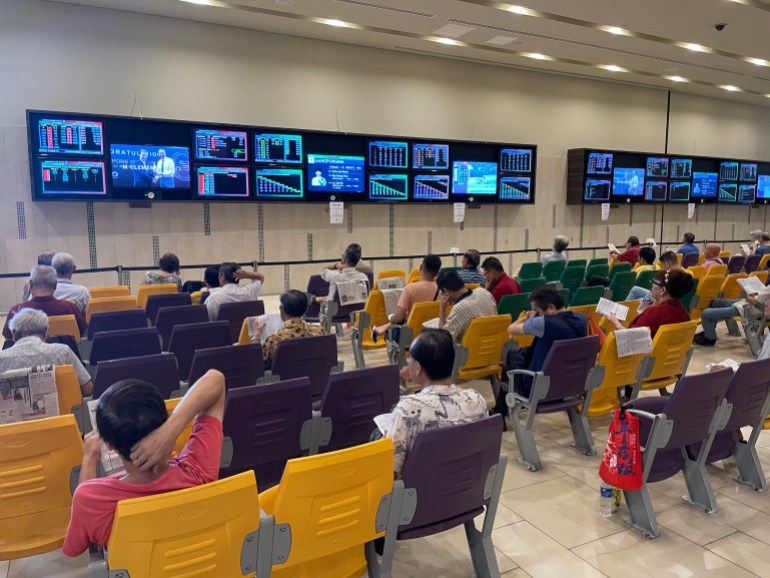
The Singapore Turf Club declined an interview request from Al Jazeera. In a statement issued last year, they said they will “work with the government to ensure a well-managed exit from local horse racing.”
Racing at Kranji will come to an end with the 100th Singapore Grand Gold Cup.
It will be a day that will bring immense sadness to Singaporeans for whom racing is the highlight of their weekends.
“Many people have nowhere to go to have fun. We're not going out drinking or nightlife, this place [the races] It’s for the old guys to go,” Paul said as he studied the horses in the parade ring.
“If they want to build commercial buildings or houses, I think a golf club is better. A golf club removed means you can build a lot.”

